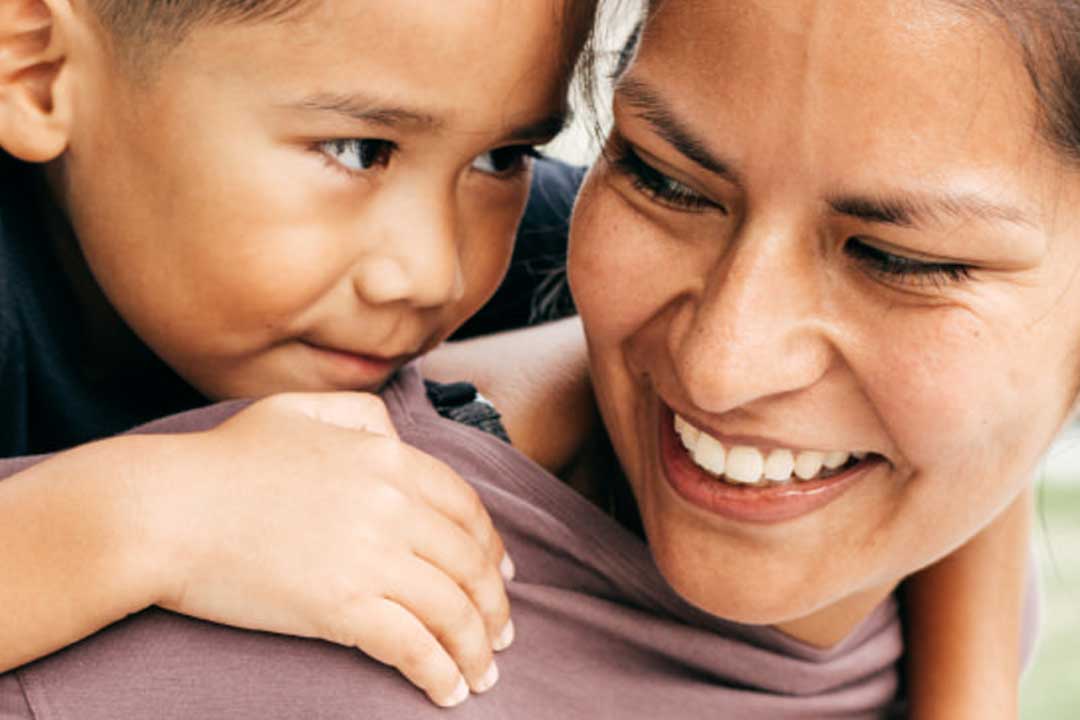When someone you love has cancer, the natural response is to want to help them. But helping them can be tricky, especially if they consider themselves a strong, independent person. Your loved one may be feeling a loss of control — they can’t control their diagnosis, their test results or their treatment. You don’t want to add to their distress. Your awareness of their needs can make it easier for them to accept your help.
1. Respect
If you want to help your loved one, ask first. Before you reorganize the cupboards or bake a lasagna, ask. The person you’re trying to help may be on a restricted diet or find even the simplest changes to be overwhelming.
How you ask is also important. Your loved one likely doesn’t want to impose. Don’t just ask if there is anything you can do, or tell them to call if they need anything — make your question specific. “Can I come do your shopping, clean your bathroom or send someone over to mow your lawn? Which of those would be most helpful?”
2. Empathy
Listen to their concerns. Nod your head when you agree, acknowledge that cancer isn’t fair and offer a shoulder to cry on. If your loved one doesn’t feel like talking, you can sit with them quietly. There is great power in just being there. This article from the MD Anderson Cancer Center offers suggestions on what to say to someone who has cancer.
3. Normalcy
If you’ve always popped in for coffee, pop in with coffee now. Just remember to keep it short — cancer and its treatment can be exhausting. Be yourself. Tell jokes or talk about what’s going on in the neighborhood, at your kids’ school or on a favorite TV show. The National Cancer Institute offers a series of helpful articles, including Feelings and Cancer, Adjusting to Cancer, and Self-image and Sexuality.
4. Security
Offer to drive your loved one to appointments. Whether for treatment or a check-up, these appointments can be huge stressors, and having a friendly face helps reduce that stress. Write down any questions they’d like to ask at the appointment and take notes for them — the amount of information can be overwhelming.
5. Connection
Send texts, emails, cards or call them on the phone. Let them know you’re thinking of them by sending funny or silly treats in the mail. HuffPost provides 44 Ways to Make the Day of Someone With Cancer.
6. Distraction
“Chemo brain” is a common side effect of chemotherapy that clouds thinking and disrupts concentration. Bring your loved one a magazine or a puzzle book — something that can be read in 10-minute increments. This blog post from the TED Talks organization offers a list of 70 books to make you feel hopeful.
For more information, the National Cancer Institute provides a wealth of other resources for coping with cancer.
Related content

Caregiver strain: Taking your feelings seriously
Taking care of yourself is an important part of being a good caregiver. Here's what to keep in mind.

Spoon Theory and chronic conditions
When living with a chronic condition, how can you express your feelings and needs in a way others can understand? Spoon Theory.

Tools for coping with depression
If you feel you’re struggling with depression, these tools are a starting point to help.
